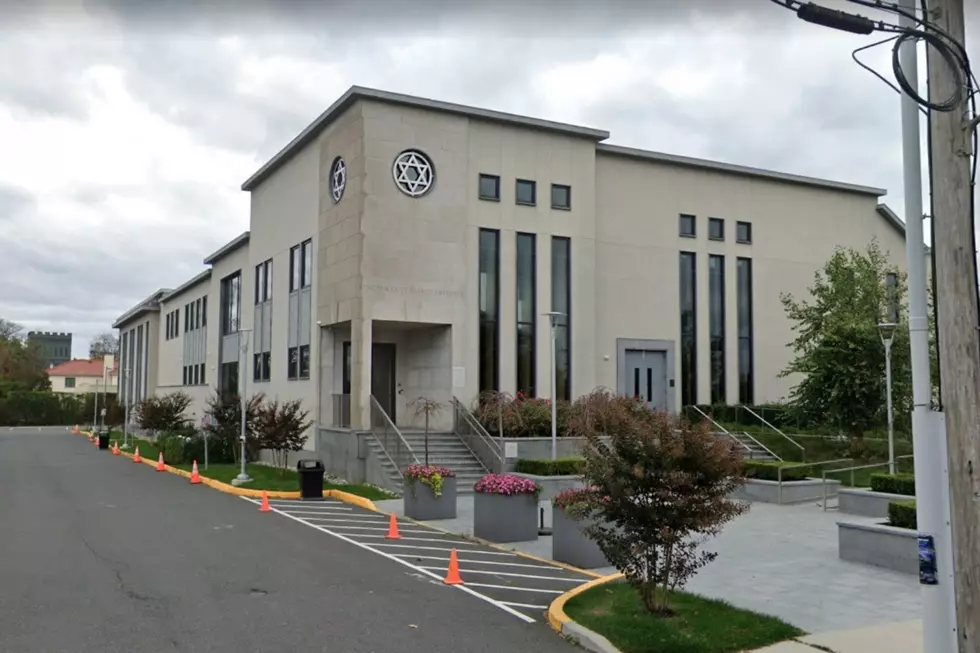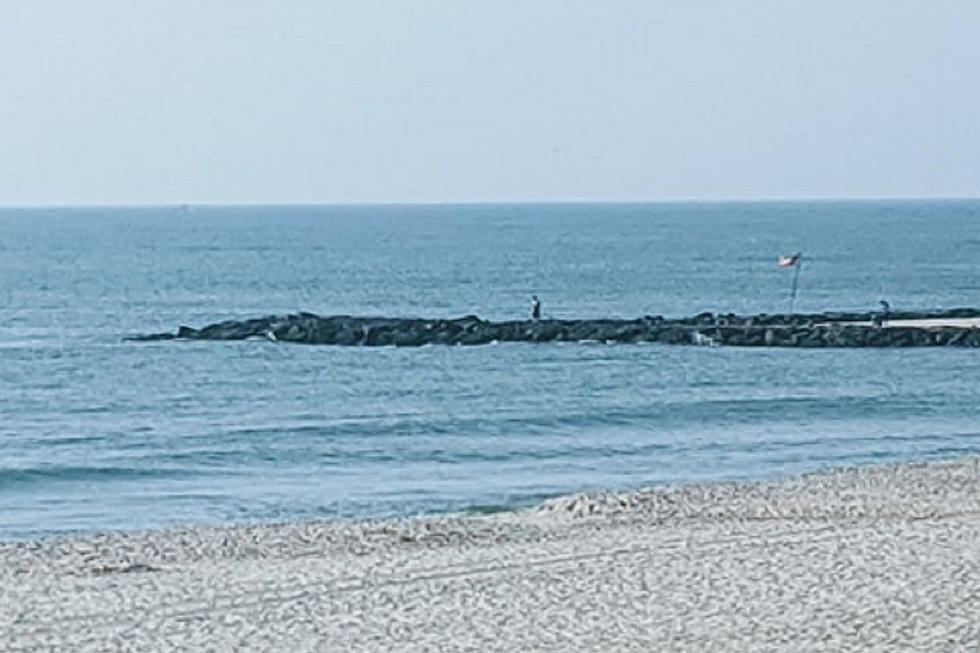
Deal drops residents-only beach parking
A raw deal for taxpayers who paid for a newly widened beach in Deal, a wealthy Jersey shore enclave, now appears to be no deal at all.
The state Department of Environmental Protection told The Associated Press on Tuesday that officials in the borough of Deal said they were tabling an ordinance that would have restricted parking on six streets near the newly replenished beaches to residents only. A vote had been scheduled for Friday.
But word of the borough's plan generated much opposition, including online.
"We have concerns (that) it may impact public access, and it could conflict with the agreement signed with the U.S. Army Corps project," DEP spokesman Bob Considine said. "We also simply want to ensure that we work toward providing more public access and not limiting access."
The proposal came as the U.S. Army Corps of Engineers is finishing a nearly $40 million beach replenishment project that has drastically widened Deal's beaches, work paid for by the federal government.
Deal's mayor and borough administrator did not respond to messages from the AP seeking comment Tuesday.
Beach access advocates and fishing groups protested Deal's parking plan, saying the borough has a long history of discouraging outsiders from using its beaches.
"How is this town getting away with this?" asked John Weber, east coast regional manager of the Surfrider Foundation. "When we were challenging New Jersey's new beach access regulations four years ago, this is exactly what we warned would happen: If you let the towns be in charge of their own beach access, they'll pull stuff like this. That has come true."
Restrictive parking laws are one tactic some Jersey shore towns employ to discourage outsiders from using their beaches. Deal restricts parking on some streets near the beach to two hours during the day. Mantoloking restricts people from parking on any public street practically anywhere in the town for more than two hours within a 24-hour period. Several municipalities on Long Beach Island also drastically restrict parking, which has the practical effect of limiting beach access to homeowners.
Deal, which is located in central New Jersey just north of Asbury Park, has a mile of beaches, but swimming is permitted at only about 1,300 feet of it, at a private beach club and one open to the public.
Weber said his group went to court to challenge a town ordinance in the 1990s under which police would ticket surfers for violating no-swimming regulations at the other beaches. The policy has since changed to permit surfing, he said.
"Access was so notoriously bad in this town even before they decided to do this," he said.
Jeff Tittel, director of the New Jersey Sierra Club, called Deal's proposed ordinance "shameful." He said towns like Deal don't want to allow the people who pay to fix the beaches to get access to them.
"This is another example of a town trying to restrict public access by eliminating and severely restricting parking," he said. "The beaches of New Jersey belong to all of us, and the people of New Jersey have the right to get to our coast. By limiting parking, the average person cannot get to the beach they own unless they live in town."
(Copyright 2015 The Associated Press. All rights reserved. This material may not be published, broadcast, rewritten or redistributed.)
More From New Jersey 101.5 FM









